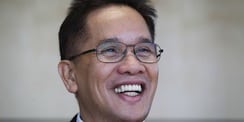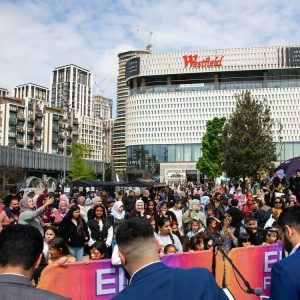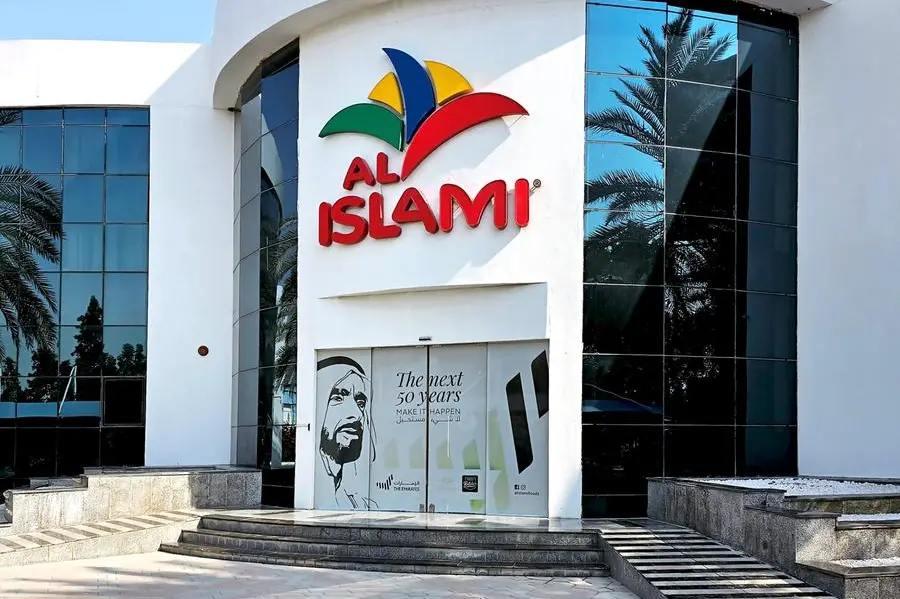
People may think that Google or McDonald’s are the biggest brands in the world, but that’s just because they’re not thinking of halal, says billionaire Malaysian businessman Tan Sri Halim Saad.
With around 1.8 billion Muslims in the world required by their religion to eat only halal food, that makes the halal brand worth an estimated US$2.3 trillion.
“Muslims consume only halal food. If it’s not halal, Muslims will stay away from it,” says Halim Saad, executive director of Malaysia-based Markmore Energy.
“Halal is an old brand but people never recognise the potential.”
Halim Saad is in New Zealand with members of Malaysia’s Halal Industry Development Corporation (HDC) with a clear message – New Zealand businesses need to wake up and see the opportunities available in the global halal economy, which is growing by 20 per cent each year.
“You are a food hub. You have the quality. So, if you were to move into the halal segment of the industry, you could enter into the supply chain. I think you are in a good position. Animal origins are very important to Muslims and that’s where your strengths are.”
Halim Saad, once named by Time Magazine as one of the upcoming leaders who would define the coming age, is speaking today at an Auckland University Business School conference about the halal investment opportunity for New Zealand.
“Of the seven billion people in the world, 900 million are undernourished,” he says.
“We need to produce more food and to grow that food we need land twice the size of France and we need more water. The only way we can do that is to have better yield and better farming practices. That is where New Zealand should come in.”
Many of those going without food are Muslims living in countries belonging to the Organisation of Islamic Cooperation (OIC), a body consisting of 57 member states. Many countries in which Muslims live are not arable and can cannot produce food.
“They have tons of oil, lots of money but little food and no water,” Halim Saad says.
“The idea is to tap New Zealand expertise and funds from the OIC to grow food in other countries. New Zealand is very advanced in agritech and biotech – the meat, the milk and the green industry.”
Halim Saad and the HDC wanted to help set up alliances between different nations to solve the global food security issue, while also meeting demand for halal products.
“What is required here is a matching exercise whereby we bring the money to the countries that have a lot of natural resources. New Zealand has expertise in farming, these OIC countries have a lot of cash, and other countries have a lot of arable land. So if you combined all three…
“At the end of the day, we want to see some kind of collaboration between the countries that have the financial capabilities with the countries that have the technical capabilities to go into business and produce halal products for countries to address their food security issues.”
He points to a country like Kazakhstan which has “a lot of land and a lot of resources” but little expertise in farming.
Halim Saad came to New Zealand in 1973 to study accounting at Victoria University. He has since returned about 20 times and is an Honorary Professor at the Auckland University Business School.
His prominence grew while he led the Renong/United Engineers Malaysia Berhad (UEM Group) in Malaysia from 1985 to 2001. He then went on to start energy company Markmore Group, with has numerous overseas investments in oil and gas exploration.
He believes there is a lack of awareness both in New Zealand and abroad about the meaning of halal.
“The idea is to bring awareness to New Zealand. This is a journey of a thousand miles. We are at the beginning. Halal doesn’t mean only food.”
Halal also encompasses non-food industries such as IT products, finance services, travel, cosmetics, and tourism, he says.
Halim Saad also wants people to know that halal is not exclusively for Muslims.
“Halal should be inclusive. Yes, Muslim need to consumer halal products but it is not exclusive to them. The producers can be Muslim or non-Muslim. Many people think Halal is just about religion and ritual but it’s about quality.”
Malaysia is trying to become a global hub for the production and trade of halal products and services.
The HDC has been in discussions with the Islamic Development Bank(IDB) to set up a Halal investment fund, with the aim of financing agricultural businesses especially for IDB member countries.



